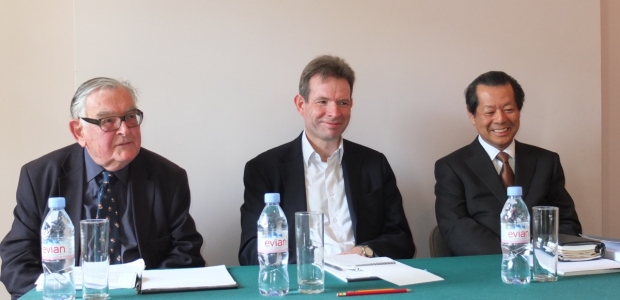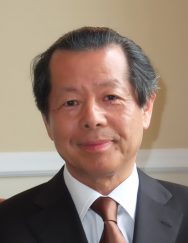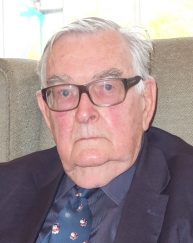 セミナーシリーズ 2015
セミナーシリーズ 2015Thursday 7 May 2015
4:00pm – 5:00pm
Diversity and Innovation in Japan and the UK
ドリンクレセプション 6:00pm
13/14 Cornwall Terrace, London NW1 4QP
The Daiwa Anglo-Japanese Foundation 主催
In the 1800s, Charles Darwin visited the Galapagos Islands, where he observed flora and fauna that were highly developed but unable to live outside of their specific environment. Initially used to describe Japan’s mobile phone sector (which is built on highly advanced technology but cannot thrive outside the Japanese domestic market), the term Galapagos Syndrome is symbolic of deeper issues in the island country of Japan. Many of the problems of the “lost decades,” which started after the economic downturn in the early 1990s, such as decreasing competitiveness of Japanese businesses and economic deflation, could have been dealt with more effectively with more external and critical examination. Like the species on the Galapagos Islands, Japanese corporations did not adapt their business models to the outside world, consequently losing their competitive edge to businesses in China and the rest of Asia. Similarly, in the sphere of policy-making, diverse and external opinions were not taken into account, and rather the vested interests of insiders were prioritised within a cosy, closed community. The lessons that can be learned from Japan’s experience are that an insular attitude and an environment that resists outside input leads to stagnation and eventual decline.
Japan’s experience has some relevance for the political and social situation in the UK today. Although the UK has been a model of diversity and innovation, it is starting to become more insular and nationalistic, as reflected in the rising popularity of UKIP and the Scottish National Party. Charles Grant, Director of the Centre for European Reform, talked about the UK’s relationship to the EU, the issue of freedom of movement for workers, and what the country may risk if it chooses to leave the EU.
Watch the recording of the annual seminar here:
コントリビューターについて

Dr Yoichi Funabashi
Dr Yoichi Funabashi is the chairman of the Rebuild Japan Initiative Foundation, a non-governmental organisation established in September 2011. The Foundation has released several influential publications such as The Fukushima Daiichi Nuclear Power Station Disaster – Investigating the Myth and Reality (Routledge, 2014); Japan in Peril? 9 crisis scenarios (CLSA Hong Kong, 2014). Dr Funabashi received his BA from the University of Tokyo in 1968 and his PhD from Keio University in 1992.

Charles Grant
Charles Grant helped to found the Centre for European Reform in 1996 and remains its Director to the present day. Grant attended Cambridge University, graduating with a degree in Modern History, and then worked for Euromoney and The Economist. In 2004 he became a Chevalier of France’s Ordre Nationale du Mérite, and in 2013 a Companion of St Michael and St George (CMG) “for services to European and wider international policy-making”.

Sir Hugh Cortazzi (chair)
Sir Hugh Cortazzi is a former British ambassador to Japan. Sir Hugh joined HM Diplomatic Service in 1949 and in a distinguished career undertook postings in, among others, Singapore, Bonn and Washington. He was posted to Japan four times, the final time as Ambassador (1980-84). Sir Hugh has written extensively about Japan both in English and Japanese.